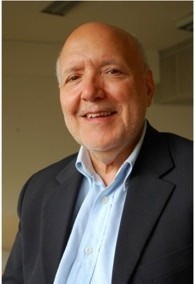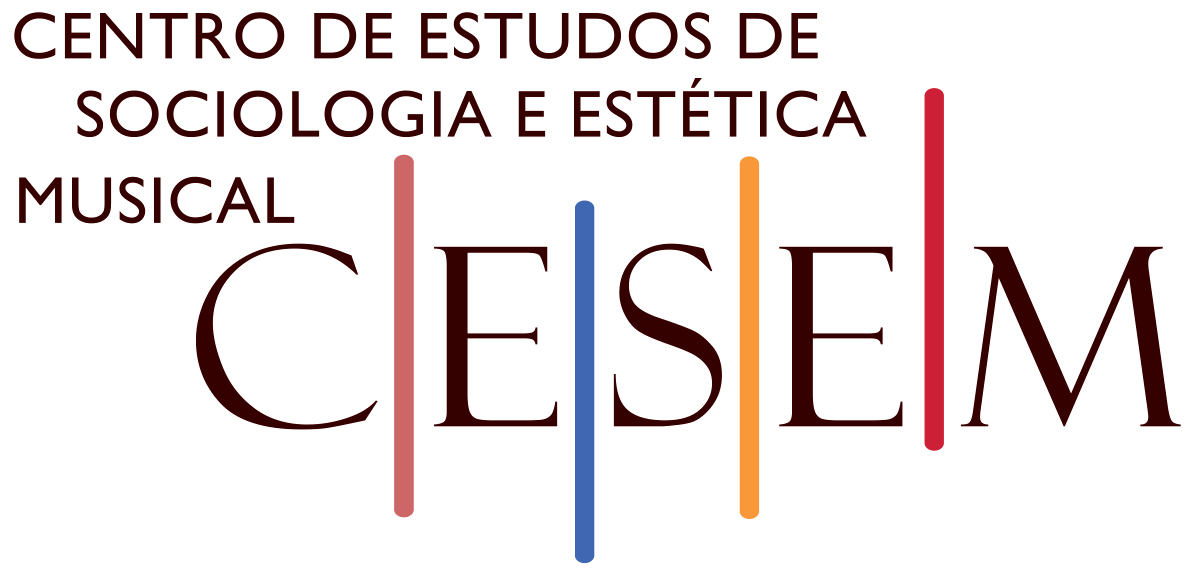
Mário Vieira de Carvalho
Mário obtained his Doctor of Philosophy in 1985. His text was printed in Germany as volume 5 of the series Musiksoziologie in 1999. Meanwhile, it had been translated into Portuguese, and was published in Lisbon in 1993. Around the same time, it won an important prize in Portugal. In short, the book became widely known and its author became famous, as well.
His work has consistently explored the relations between musical phenomena and their social environment. For Mário Vieira de Carvalho music and society cannot be viewed as separate realms: they belong together and interact in multiple ways. It follows from this that musicology must devise ever more refined approaches to the interrelation of social and musical processes and practices. The implications of Mário Vieira de Carvalho’s work for music analysis, criticism and aesthetics are manifold. Differentiations in musical reception or musical behaviour respond to differentiations in musical structure, which in turn reflect the musical intentions of the composer – a view developed by Mário Vieira de Carvalho since the time of his encounter with Christian Kaden as a former doctoral supervisor, and brought to fruition in his well-known studies on the music of Fernando Lopes-Graça, among other composers.
Mário Vieira de Carvalho has always distinguished himself as a scholar by building bridges between Portuguese musicology and other musicological traditions. His close relationship to Germany and its artistic and scientific culture hardly needs emphasising.
Main research areas: Sociology of Music, Philosophy of Music, Aesthetics of Music, Music and Literature, Music and Politics, Theory and Praxis of Opera and/or Music-Theatre (Musiktheater). Strong link to Critical Theory, especially Theodor W. Adorno, but also Walter Benjamin. Research oriented towards a holistic approach to music as a social praxis.
